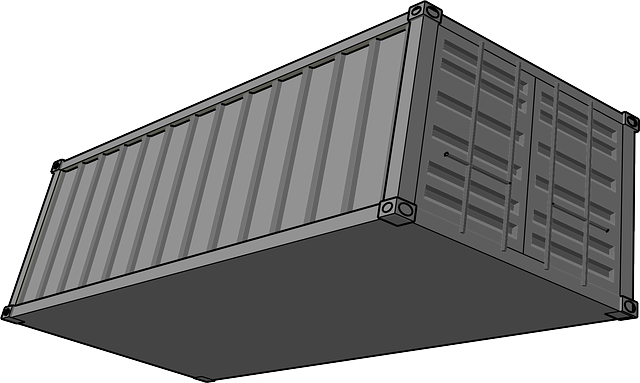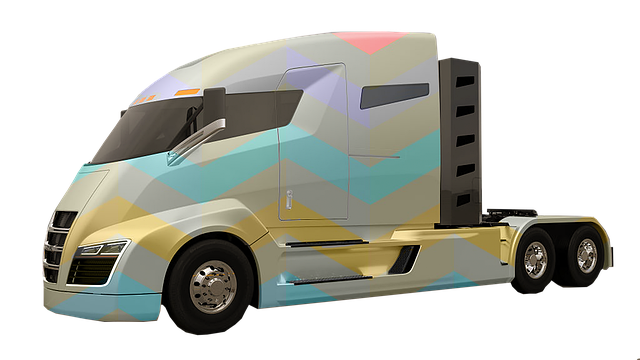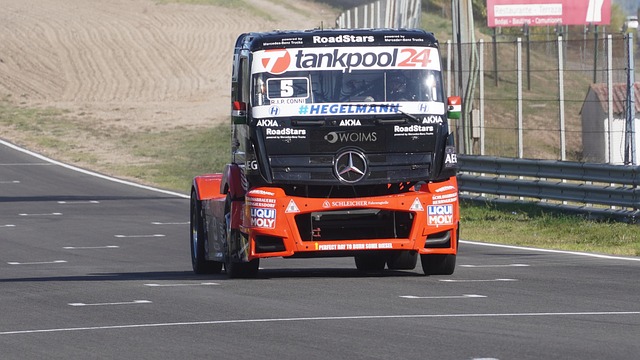Tow truck fleets face unique risks including high-risk driving conditions and complex urban navigation, necessitating specialized tow truck liability insurance. This coverage protects against property damage, personal injury claims, and legal fees associated with towing activities, from roadside assistance to long-distance hauling. Effective risk management includes regular maintenance, GPS tracking, driver training, and fleet inspections to enhance reliability and reduce accidents, ultimately lowering tow truck liability costs.
In the dynamic world of road assistance, reliable coverage for tow truck fleets is paramount. This article delves into the intricacies of managing these specialized operations, focusing on key aspects such as understanding fleet risks, comprehending comprehensive liability coverage, and strategic insurance considerations. By exploring these elements, we aim to empower operators in enhancing fleet reliability and effectively mitigating claims, ensuring smooth and secure road assistance services. Discover the importance of tailored tow truck liability solutions for peace of mind.
- Understanding Tow Truck Fleet Operations and Risks
- The Importance of Comprehensive Liability Coverage
- Key Considerations for Insuring Tow Truck Fleets
- Strategies to Enhance Reliability and Mitigate Claims
Understanding Tow Truck Fleet Operations and Risks

Tow truck fleets face unique operational challenges and risks that differ from traditional vehicle fleets. These include high-risk driving conditions, often involving hazardous weather or complex urban navigation, which can lead to increased liability claims. Tow truck operators are responsible for the safety of not only their drivers but also the vehicles they tow, adding another layer of complexity. Each tow truck in a fleet may have specialized equipment and be used for different types of towing situations, from light-duty roadside assistance to heavy-load long-distance hauling. This variety requires tailored insurance coverage to address specific risks associated with each operation.
Understanding these operations is crucial when selecting reliable coverage. Tow truck liability insurance plays a pivotal role in protecting businesses from financial loss due to accidents, property damage, or injuries sustained during towing activities. It’s essential to have comprehensive policies that consider the diverse nature of fleet operations, ensuring adequate coverage for all vehicles and activities to minimize risks and provide peace of mind.
The Importance of Comprehensive Liability Coverage

In the dynamic world of tow truck operations, ensuring comprehensive protection is paramount for businesses and their drivers. One of the most critical aspects of risk management is obtaining reliable tow truck liability coverage. This type of insurance shields against potential financial burdens arising from accidents or incidents involving vehicles under tow. With each tow job presenting unique risks, having robust tow truck liability becomes an indispensable safety net.
Comprehensive tow truck liability coverage protects against claims related to property damage, personal injury, or even legal fees resulting from accidents. It covers the costs of settlements and judgments, providing a financial safeguard for fleet owners. This is especially vital considering the high-risk nature of tow truck operations, where vehicles often navigate busy roads, construction zones, or challenging terrain. Effective tow truck liability insurance allows operators to focus on safe towing practices while mitigating potential long-term financial risks.
Key Considerations for Insuring Tow Truck Fleets

When insuring tow truck fleets, several key considerations come into play to ensure comprehensive coverage and risk management. One of the primary concerns is tow truck liability, which protects against potential damages or losses during towing operations. This includes not only the physical damage to vehicles being towed but also any legal liabilities arising from accidents or incidents caused by the tow truck driver’s negligence.
Additionally, fleet owners should consider insurance that covers the specific risks associated with their operations, such as loading and unloading risks, roadside assistance, and emergency response coverage. Comprehensive insurance packages should also include protection against theft, vandalism, and natural disasters to safeguard the financial investment in these essential vehicles.
Strategies to Enhance Reliability and Mitigate Claims

To enhance reliability and mitigate claims within tow truck fleets, several strategic approaches can be implemented. Regular maintenance schedules are paramount to ensure vehicles are in optimal condition, minimizing mechanical failures that could lead to unexpected downtime or safety hazards. Advanced GPS tracking systems can monitor fleet movements, enabling swift response times and enhancing overall efficiency while reducing the risk of unauthorized usage.
Additionally, comprehensive driver training programs on safety protocols and tow truck operation can significantly lower liability risks. Educating drivers about proper loading techniques, emergency handling procedures, and awareness of potential road hazards contributes to safer operations, minimizing accidents and associated claims. Regular fleet inspections and rigorous safety audits further reinforce a culture of accountability and help identify areas for continuous improvement in tow truck liability management.
Reliable coverage for tow truck fleets is paramount to navigate the unique risks associated with their operations. By understanding the importance of comprehensive liability coverage, considering key insuring factors, and implementing strategies to enhance reliability, fleet managers can mitigate claims and ensure smooth, safe, and secure towing services. Investing in robust insurance solutions is a vital step towards fostering a resilient and trustworthy tow truck fleet.
